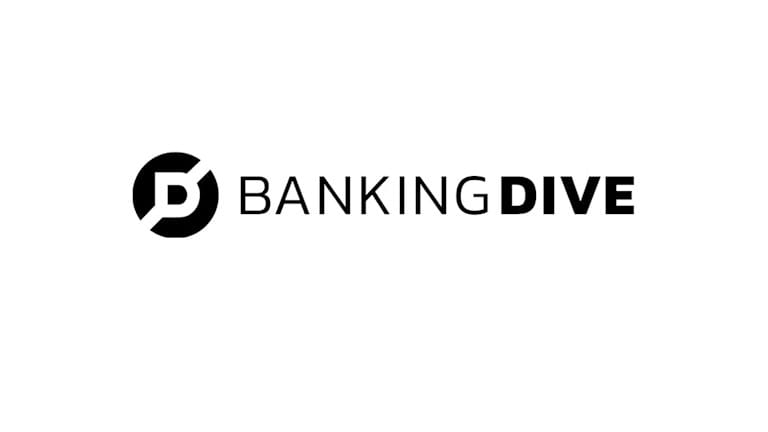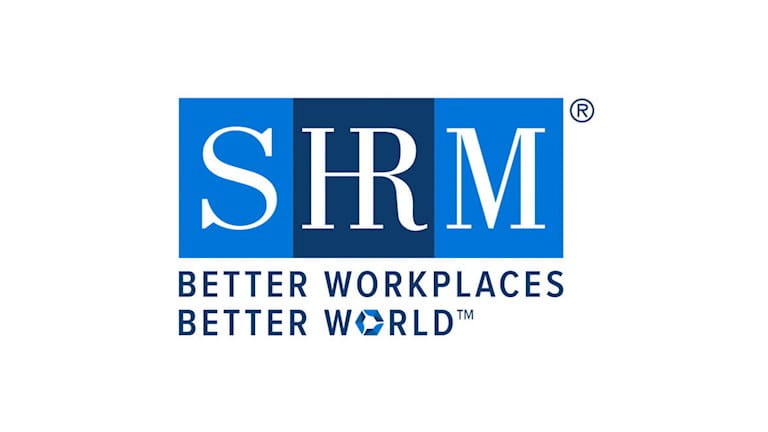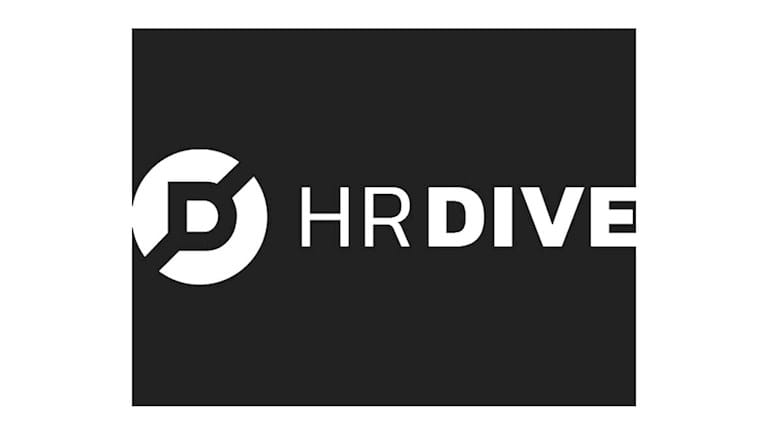Post-Pandemic Planning
If 2020 has taught us anything, it’s that predicting the future can be futile. While many predicted a U.S. economic recession in 2020—after an 11-year expansion period—no one expected the sudden and dramatic economic repercussions from a global pandemic. Most were unprepared. Yet all were expected to respond.
Your business has responded. But has it adapted for the long run? At West Monroe, we work with companies across industries—and all of them have a different role in the value chain. Right now, they all have one thing in common: they want to not only survive this unexpected turn of events, but thrive—and be better for it in the long run.
Your path to prevailing in the post-pandemic world has already begun. But have you charted your next step—and the step after that? Our guide can help.

Any good offense is backed by a strong defense. Market disruption caused by the pandemic requires you to protect your business’ livelihood. Seeing an increase in reported cyberattacks? Makes sense—the FBI reported a four-fold increase in the number of daily cybersecurity complaints when the pandemic hit. Need to preserve cash in the face of uncertainty? With drastically altered demand, 21% of leaders’ immediate primary concern is burning through cash reserves. Don’t know how to get your employees back to work safely? Managing through social distancing and flexible scheduling is the No. 1 restart challenge.
Taking immediate, defensive measures helps insulate your business as you respond to change. We think you should:
-
Revisit your ability to respond to a cyber incident
-
Get back to work by optimizing your workforce and creating a safe environment for employees and customers
-
Reduce costs so you can redirect resources to innovation

This pace and breadth of change calls for purposeful and swift action. The world around us is shifting. Years’ worth of change is happening in a matter of weeks. Like many leaders, you’re probably finding you don’t have enough insights from the data in your company. You might also need to rethink your business model for a different future—or at least, alter your portfolio of products and services, digitize operations, and enable a more remote workforce. Before the pandemic hit, 61% of leaders said their ability to adapt quickly was a top strategic priority, but only 17% think they could do this well.
Pivoting requires you to observe, orient, decide, and act—quickly and purposefully. We think you should:
- Assess the changing world around you and not only adapt to the changes, but leverage them for competitive advantage
- Better understand your business through a rapid approach to data analytics
- Start taking a test-and-learn approach to new products, services, experiences, and business shifts
- Consider mergers, acquisitions, or divestitures as part of your strategy

It’s imperative to test the results of your actions—and prove that they bear results. A lot of companies make plans to change. Some actually do. But how many measure the results of their actions through financial results? We’ve found, for instance, that 49% of leaders don’t have access to data to demonstrate the ROI of their customer experience investments. In a fast-changing environment, you only have so many bets to make—and any actions or plans should be tested and proven before they can be put in place for the long run. Want to make sure your business changes and investments are worthwhile? We think you should.
Prove your innovations yield results—before consecrating them into your long-term strategy. We think you should:
- Upskill and reskill your workforce for the future—and measure the results through a critical group: your managers
- Quantify the ROI of your customer experience and employee engagement initiatives
- Measure your customers’ response to your actions through loyalty and market share

Define, capture, and own a stronger market position. The right combination of defensive and offensive moves provides the highest probability (37%) of emerging as a leader after a recession. What you’re doing is working—now you need to double down, optimize, and translate the work done to this point into competitive advantage. You need to anticipate the next challenges and continue to innovate. With your business in a stable state, you have the resources and time to build more durability and flexibility into your business model and operations. Does prevail mean you can declare victory? No—prevailing is just the beginning of your long journey to becoming a leader.
To prevail, fulfill the vision you designed and tested. We think you should:
- Continue to instill flexibility and resilience into your organization
- Leverage new technologies like AI that create efficiencies and advantage
- Build leading products and experiences that drive customer and employee satisfaction—and drive financial results
Start the Conversation
Post-pandemic planning starts now. Let’s talk about how we can help get your organization ready for a future built around value creation and lasting resilience.











